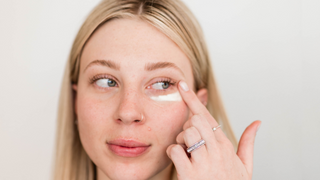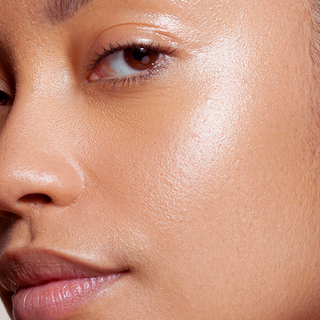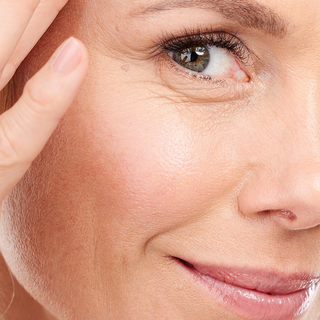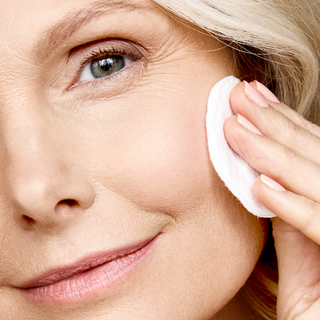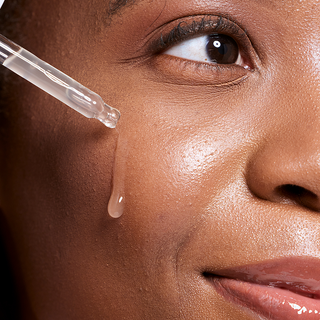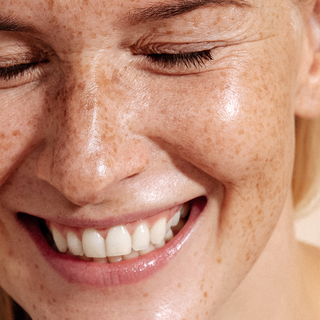The quest for radiant, youthful skin has led many to the magical world of retinol, a skincare ingredient that has become a staple in the skincare industry. Whether you're a skincare novice or a seasoned beauty aficionado, understanding the ins and outs of retinol will help you harness its full potential.
From its powerful anti-aging properties to its ability to combat acne, this potent ingredient has garnered a reputation for delivering transformative results. In this comprehensive guide, we'll walk through everything you need to know about retinol, making your foray into the world of medical-grade skincare an informed and enjoyable journey.
What is Retinol? Defining The Glow-Getter
Retinol, a form of vitamin A, is celebrated for its ability to accelerate skin turnover, shedding the old to make way for the new. This process leaves your complexion brighter and can help tackle a range of skin concerns, making it a true multi-tasker in your skincare routine.
As a skincare superhero, retinol is applauded for boosting collagen production, diminishing fine lines and wrinkles, and promoting an even skin tone. It's like a personal trainer for your skin cells, keeping them in top form.
The Benefits of Retinol: Anti-aging and Acne-fighting
One of retinol's most lauded benefits is its anti-aging prowess. By encouraging new cell growth and enhancing collagen production, retinol can visibly reduce the signs of aging, giving you a smoother and more youthful visage.
Retinol isn't just about anti-aging. It's also known for its texture-refining qualities, making it an invaluable asset for anyone seeking to improve the appearance of pores, smooth out rough patches, and enhance overall skin texture.
For those battling blemishes, retinol offers a welcome solution. It helps to regulate oily skin, reduce inflammation, and unclog pores, effectively combating acne and preventing future breakouts.
How to Use Retinol: Patch Test and Acclimate
Before using any retinol product, it's crucial to patch-test it to ensure your skin doesn't react negatively. Start with a low concentration—around 0.25% to 0.5%—and gradually increase the frequency of use.
A little goes a long way with retinol. After cleansing, apply a pea-sized amount to dry skin and follow with a moisturizer. Due to its potential for sun sensitivity, it's best to use retinol at night and top it off with SPF during the day.
Retinol newcomers may experience redness, flakiness, and irritation, especially during the adjustment period. Be patient—your skin will adapt to it over time. If irritation persists, it's best to discontinue use and consult a skincare professional.
Choosing the Right Retinol Product
Retinol comes in various forms, from over-the-counter creams to prescription-strength treatments. It is essential to choose a product that suits your skin type and concerns. For instance, those with dry or sensitive skin may prefer a creamy formulation, while gels or serums are often better for oily skin.
When selecting a retinol product, pay attention to its concentration—most over-the-counter products contain between 0.25% and 2%. Additionally, opt for products packaged in opaque or airtight containers to prevent degradation from light or air exposure.
Common Misconceptions about Retinol
Misconceptions about retinol are common, especially regarding its safety and efficacy. From believing it's only for mature skin to thinking it can thin the skin, these myths can deter you from harnessing retinol's benefits. When used correctly, retinol is well-tolerated by most skin types and is beneficial for a broad range of ages and issues.
Retinol can cause dryness and flakiness at first, but this is part of the adjustment process. It does not thin the skin but thickens the epidermis over time, leading to a healthier, more even complexion.
Embracing Retinol for Your Skin's Best
Retinol is an invaluable part of any comprehensive skincare regimen. By understanding this powerhouse ingredient's proper use and effects, you're well on your way to achieving the radiant and healthy skin that retinol is renowned for delivering.
So, consider retinol in your medicine cabinet if you're looking to turn back the clock, refine your skin's texture, or banish those pesky pimples. With the proper knowledge and approach, this vitamin A derivative could be the missing puzzle piece to your perfect skincare routine. Remember, informed skincare is the most beautiful skincare.

